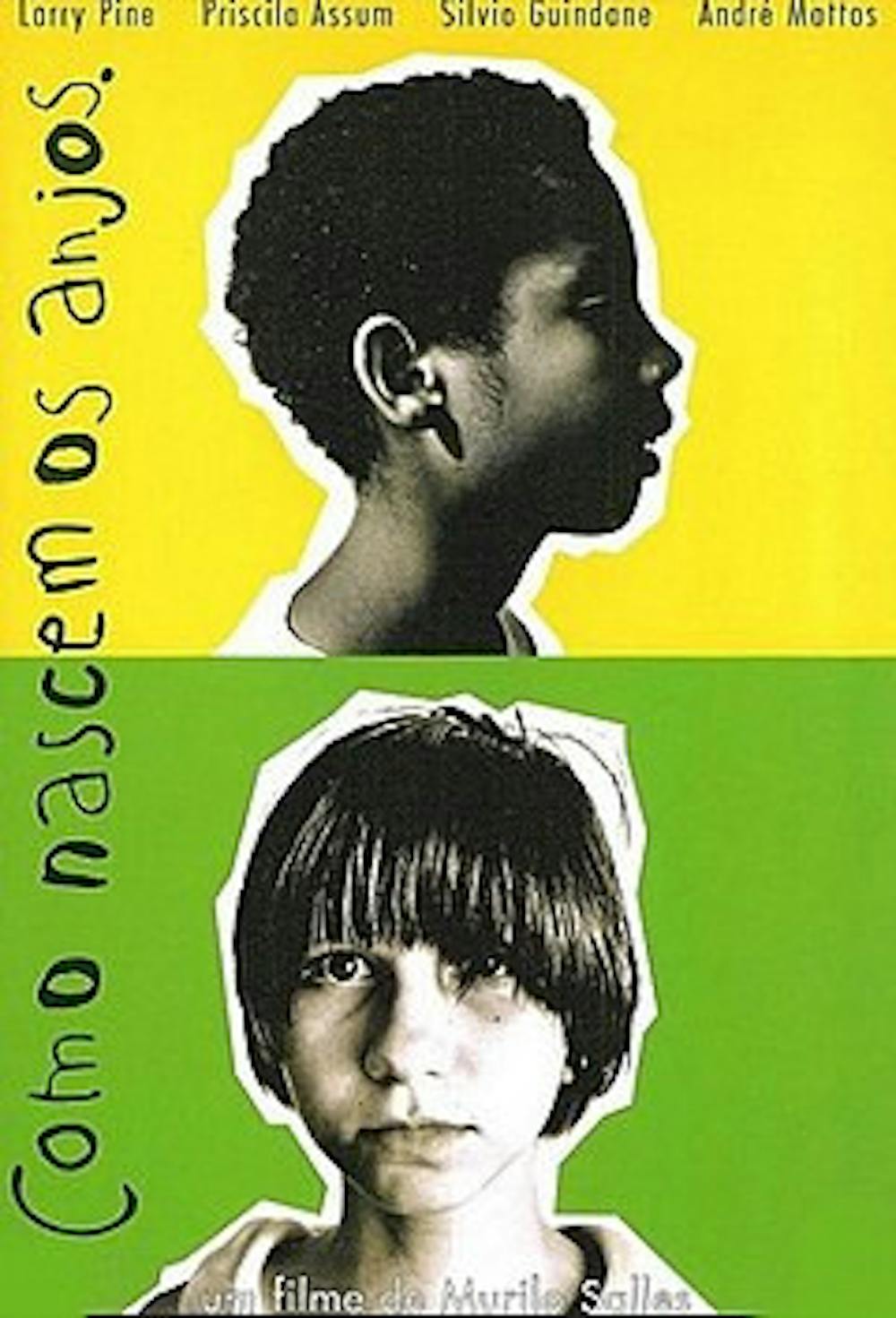Ask my ex, I am notorious for picking bad movies so this instance was a fluke when I happened upon Como nascem os anjos, a high quality film, which I enjoyed.
The Brazilian, Portuguese-language film (which has English subtitles available), follows a queer plot that grows increasingly absurd over time. Succinctly, three residents of a favela* find themselves needing to escape home after one of them accidentally kills a very powerful and criminal figure who is a drug lord within the community.
They unexpectedly encounter an American citizen and, without any anticipation, end up sequestering him in his home by force. The American man tries to reason with the trio, promising to help them escape legal repercussions if they’ll just leave. Tensions, however, start to mount, when the three find that they are not alone in the home. Police begin patrolling the neighborhood and the homeowner’s secretary is looking for their American prisoner.
What I like about this film is the way it explores issues of socioeconomic class in a way that seems effortless or even by chance. The residents of the favela, generally marginalized and underprivileged, cannot expect the police to protect them from the violent vengeance that awaits them at home.
The deceased drug lord’s posse, after all, are the de facto leaders of the favelas and this forces the three to flee. Comparatively, the American expatriate they find is bathed in riches, riches that these Brazilians have only encountered on television and in magazines. They marvel, for example, at the fact that all the appliances in the American’s kitchen actually work and are not in a state of disrepair, which, for them, is unfathomable.
The chord that struck me the hardest, perhaps, was when German journalists visit the favelas in the opening scene and ask one of the lead characters, a young girl, about her dreams for the future. She has been exposed to so little that she cannot imagine a fulfilling life outside of rising in the ranks of the favela’s social hierarchy. Her vision and dreams are limited by the borders of her community.
The film thinly veils a moralistic tale, seeming to suggest that despite the comforts we enjoy and the inequalities we choose to ignore, the world of privilege and lack can and will inevitably encounter one another, sometimes in unexpected ways. They become entangled and wrestle to break free from each other either without much success or at great cost.
I highly recommend this work to anyone studying Portuguese and/or planning to study abroad in Brazil or Latin America.
For more films that touch on the themes of the intertwined nature of social castes, see Paul Haggis’ 2004 Crash (DVD Collection- Davis Family Library PN1997.2.C735 A1 2005D) or Olivier Nakache’s and Eric Toldeano’s 2011 The Intouchables (DVD Collection- Davis Family Library PN1997.2.I5765 A1 2012D).
For more on life in the favelas, see André Diniz’s graphic novel Morro da favela (Davis Family Library Portuguese Language Browsing TR140.H64 D56 2011).
*Note: A favela is sometimes translated to “slum,” “shanty town” or “ghetto.” It refers to groups of homes in Brazil that often house residents who are experiencing chronic and generational poverty, are haphazardly built, lack basic infrastructure like plumbing, are illegal and governed beyond the powers of the state and are plagued with drug warfare and violent crime.
The Librarian Is In

Comments



